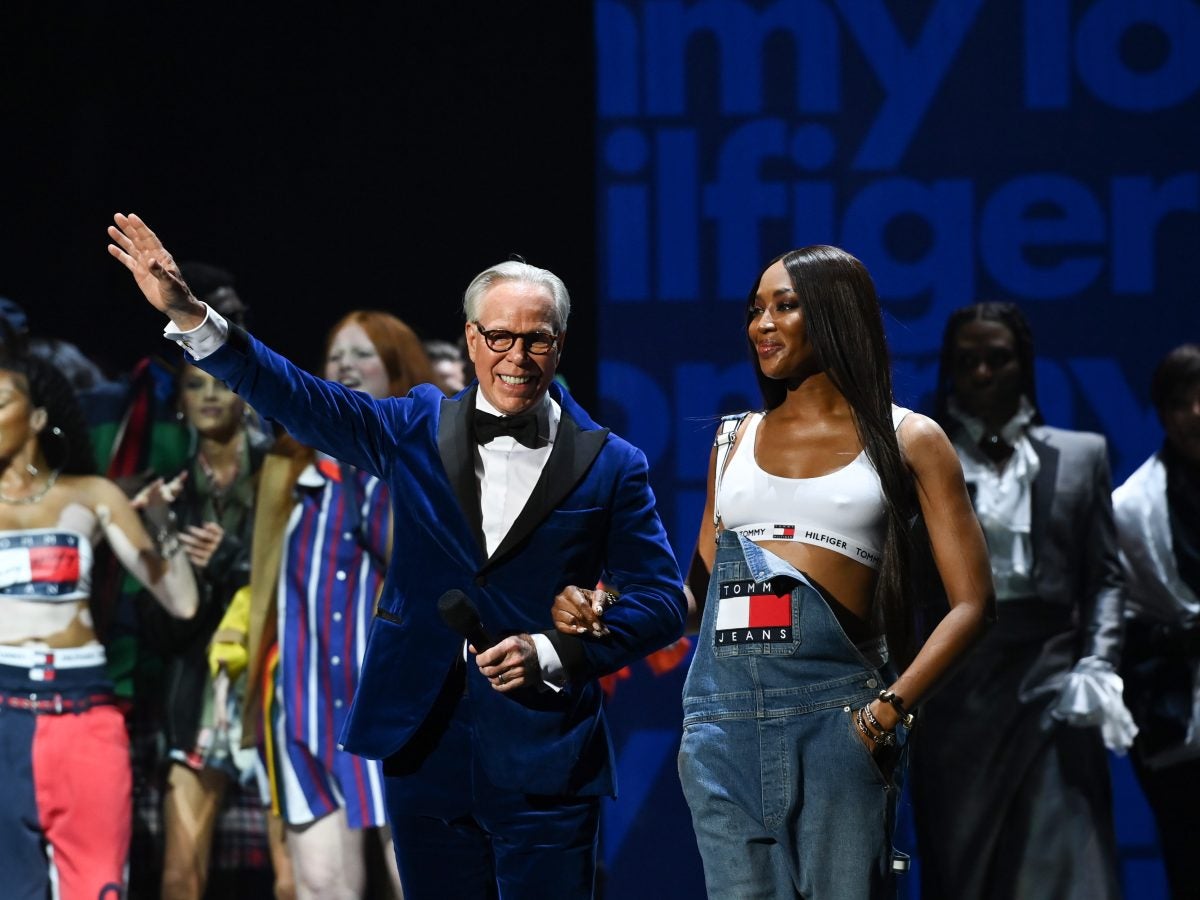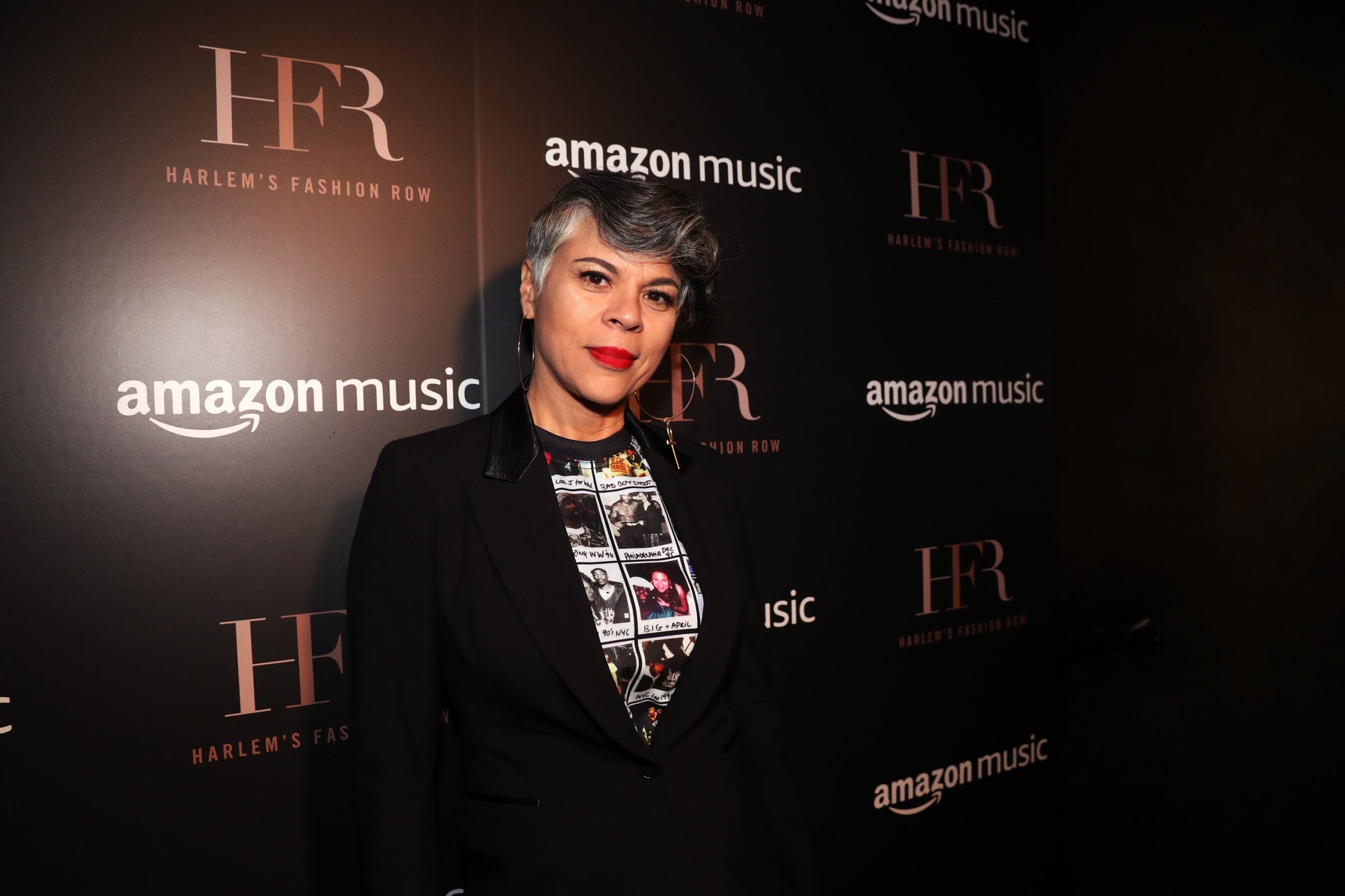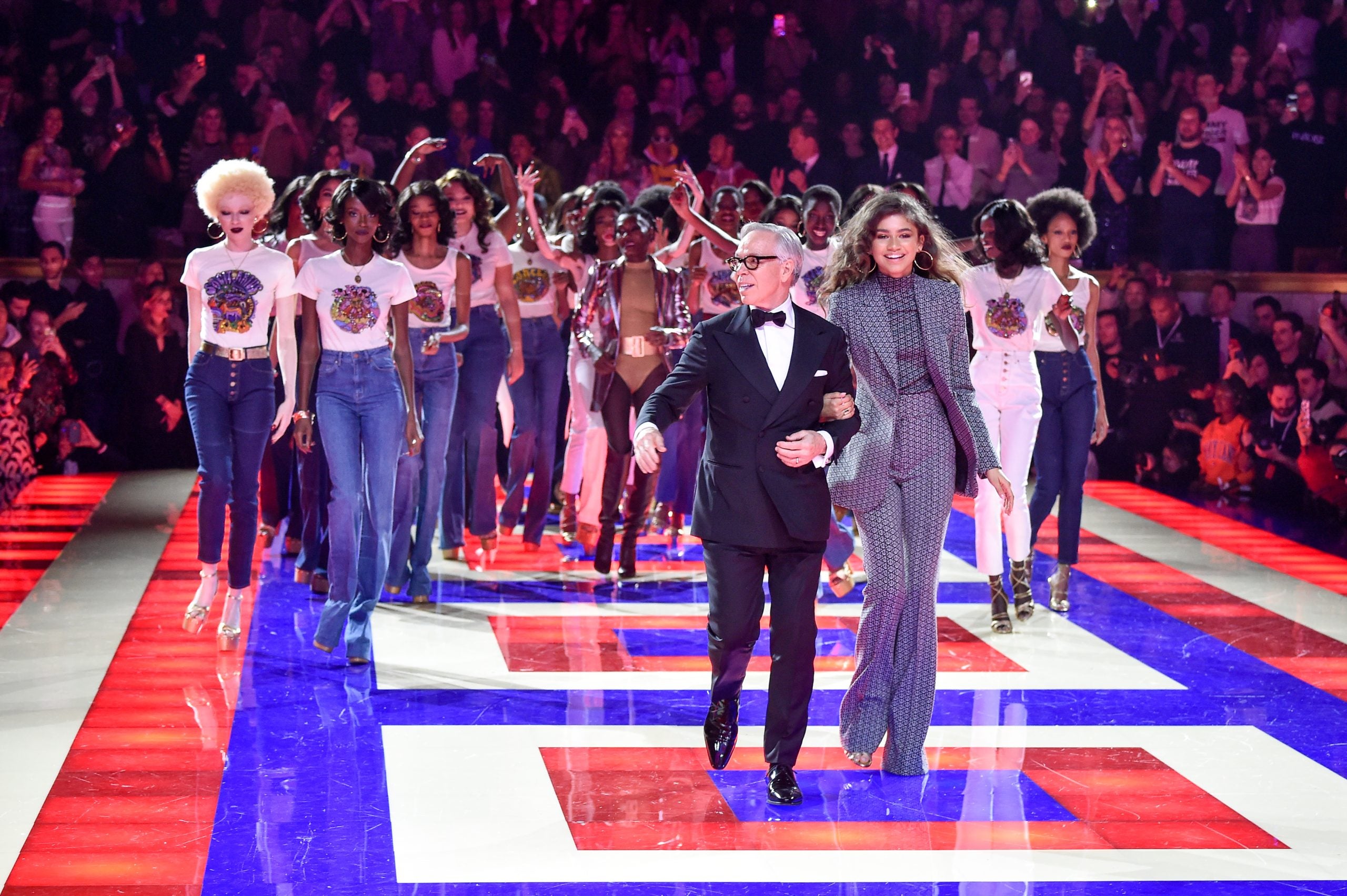
Tommy Hilfiger granted an interview to Hypebeast where he expressed his belief that he invented the billion dollar streetwear industry. “I think I was the first designer to ever do streetwear,” he reportedly said. April Walker was incredulous at the assertion. “Wait, what? Ummmmmm……,” the veteran streetwear designer responsible for Tyson’s most iconic trunks and Tupac’s impactful Above The Rim looks, posted beneath a screenshot of the article on her Instagram page.
The sentiment in Walker’s caption was a popular one. The comments were quickly flooded by members of the fashion elite and media elite. Julee Wilson, Eboni K. Williams, and Miss Lissa Knows each sounded off in response.
Hilfiger also credited himself for deigning to hire beautiful and popular Black people to endorse and model the products his company was trying to sell for profit. “I’m surprised it has taken so long to realise they should actually use people of color in their advertising, or hire people of color. I can’t believe it’s taken so long to get there. To me, it’s obvious. I don’t understand,” he allegedly said.

“A lot of companies are now talking about inclusion and diversity as if it’s something new, yet we’ve been doing it for fifty years,” he added. “It’s always been a place for the people, it was all about creating and offering fashion to people from all different walks of life.”
The internet quickly cried foul.
Some used blue baseball caps to express their displeasure and others resurfaced the rumors about his reported opinions on rap royalty.
To their credit the brand has exerted and renewed their dedication to inclusion in a number of ways throughout its lifespan – with the help of talented Black women including Aaliyah, Naomi Campbell, Winnie Harlow, Indya Moore, and Zendaya. But that’s not really the point.
The fact that White people want so much credit for not being openly hateful that dictionary.com actually declared “allyship” the word of 2021 is.

It is never about Black women and their contributions like it should be. Instead they have to wait for the mic to be passed following each fleeting moment of outrage.
Part of being an ally is doing it without preening.
This should go without saying but you don’t get credit for doing things you’re supposed to do.
The job of designers is to create clothes people want to wear and brands they want to brag about. Black people were at the forefront of culture and they helped sell the brand so they were hired to do that. It is not an act of social justice to not act in your own best interest by ignoring the rampant rise of Black culture’s impact.
Women like Rikki Hughes and Misa Hylton have been working to correct the history surrounding streetwear with informational elements of shows like HBO Max’s The Hype and Netflix’s Watch The Remix: Hip Hop X Fashion.
“Although it’s a $160 billion industry—a lot of people didn’t know about this world,” Hughes told ESSENCE in September.
You know who does? Black women. It was Black women who took sweats from errands to centerstage. Black women wore mismatched laces, and airbrushed tee shirts. It was Black women who determined 5411s were must haves.
This whole industry was built off of our baby hairs lightyears before “pink it and shrink it,” and that needs to be made clear.
Hilfiger’s bold claims have been the focus of the media frenzy surrounding streetwear’s ascension to the heights of high fashion but it is the story of Walker and other Black women who should be sitting at the center of the frame they helped create.